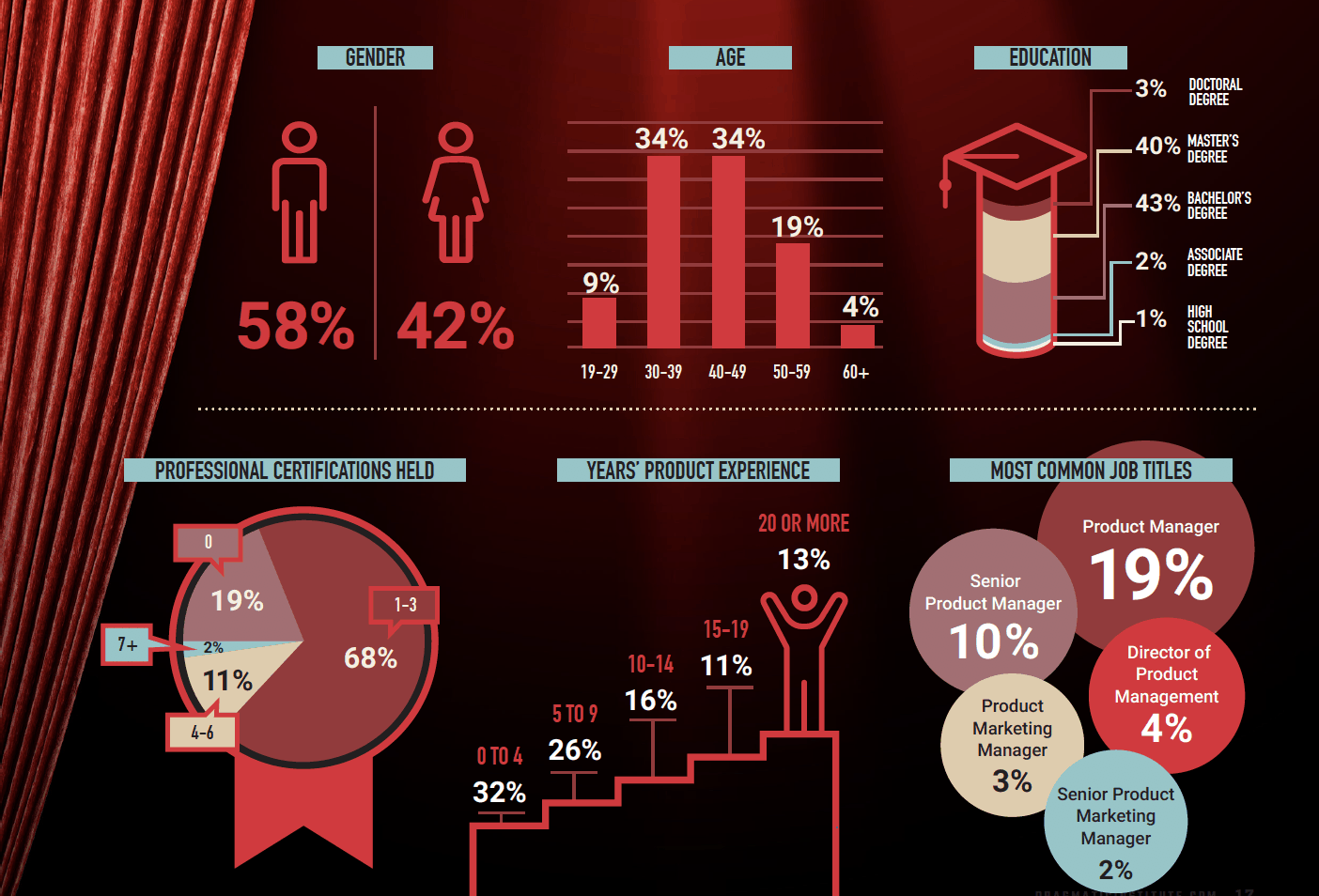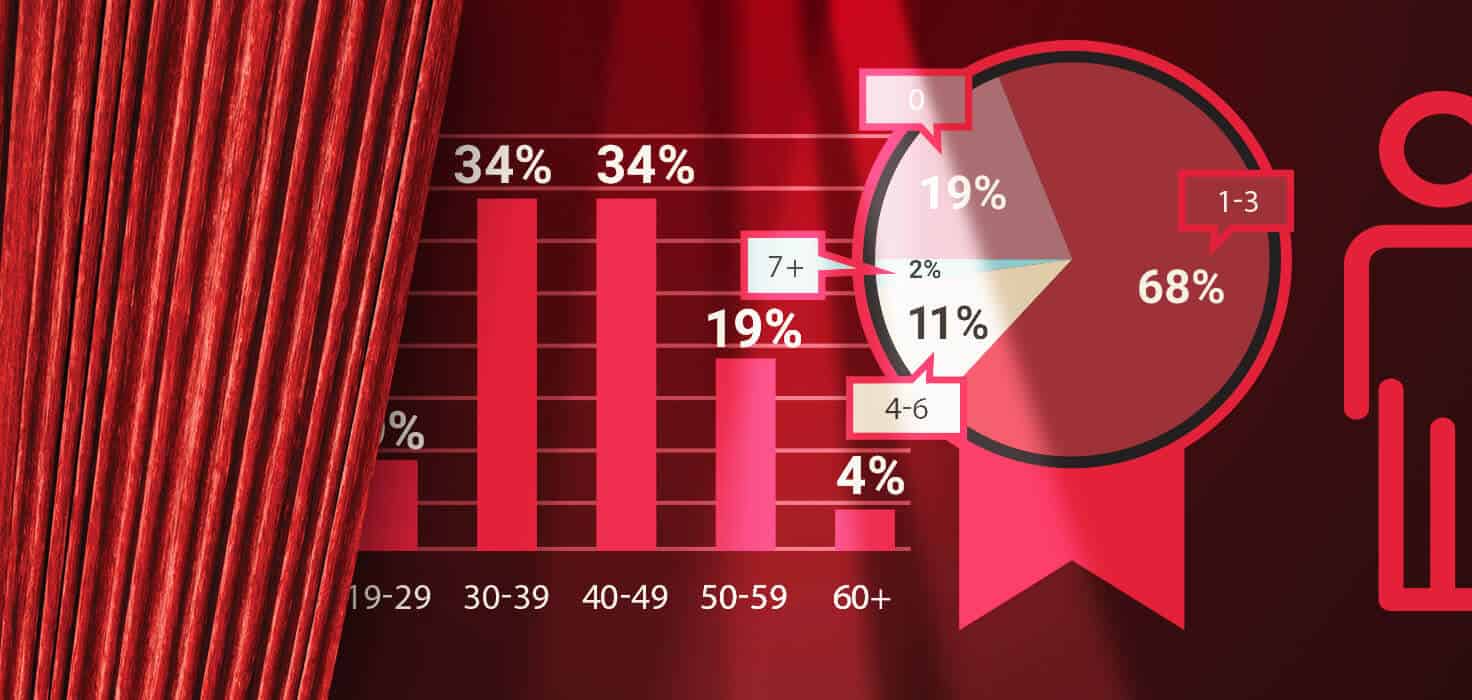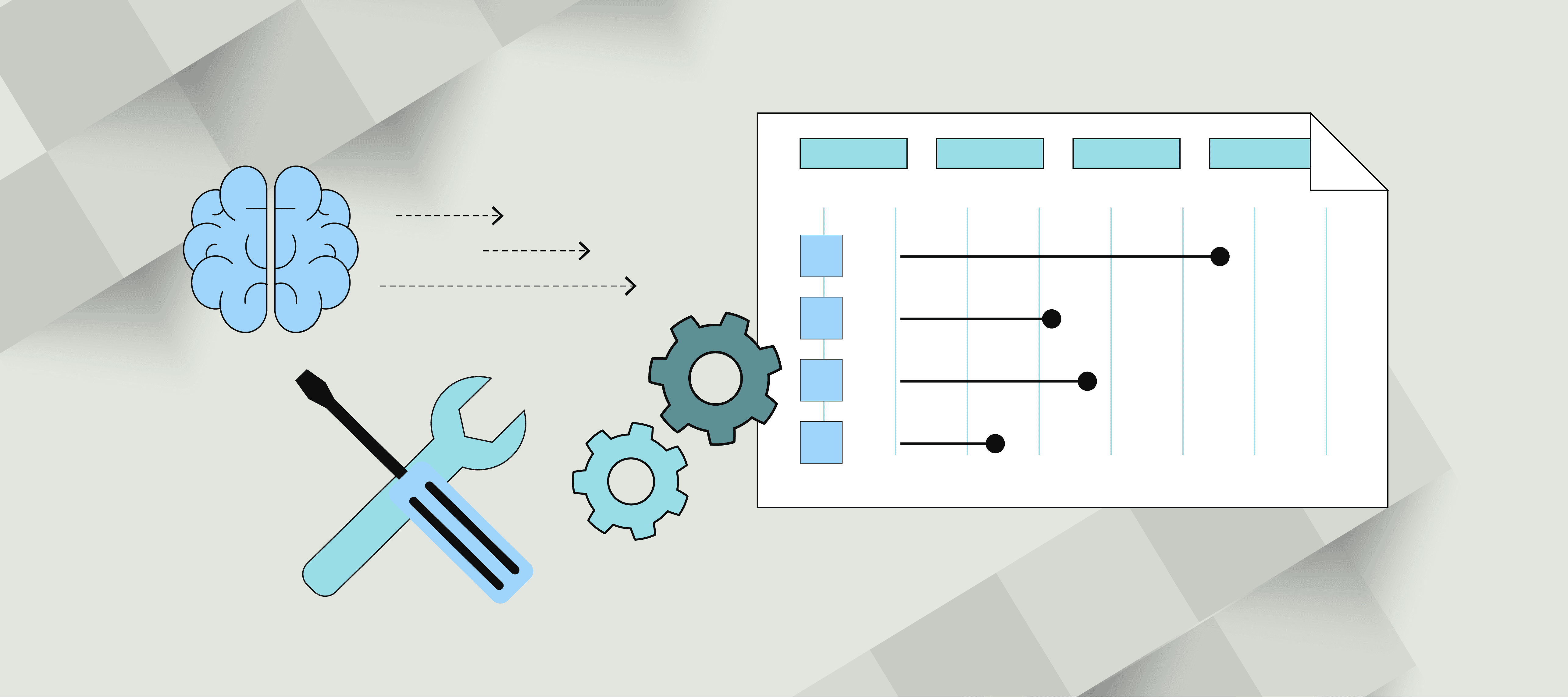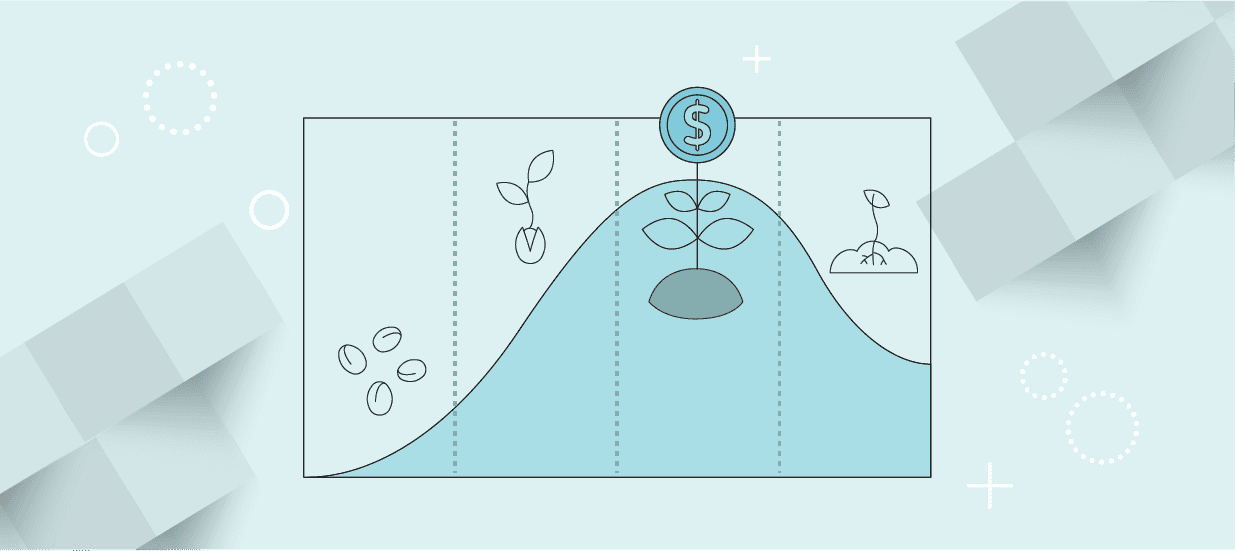
The 2019 Pragmatic Institute Annual Product Management and Marketing Survey, the full results of which will be publicly available in September, delivered great information about the numbers behind today’s product teams, from salaries and age to experience and team size. But product professionals aren’t just numbers; there are real people working in these roles. In fact, respondents to this year’s survey reported 497 distinct job titles! To get a better view of who today’s product professionals are, we asked a few respondents to describe themselves and the work they do. The following figures and comments deliver those insights.
A B2B Focus
“I have a B2B focus, especially product strategy at the market level. I ask questions such as:
- How do we compete?
- Does what we have still work?
- What do we need to have—or need to do—to achieve our goal?
- What are the contingency plans for those options?
“I am very pragmatic, decisive, a deliberate thinker, and have a high degree of curiosity, empathy, and grit. I help bring teams together and give them a common goal or objective.”
Nicole Steele, independent consultant, more than 20 years of experience in healthcare/science
“I am strategy focused at the product design/user level, B2B. I work well with customer-focused product managers. I am more qualitative than quantitative, but view I data as a valuable stepping stone.”
Adrian Makohon, PMC-III, head of product management, PRISMA GmBH
A Human Focus
“My colleague likes to say as product managers we are puzzle masters. We go out to the customers, find out what they need, and tell the engineers—who can design what you need if you give them boundaries. You need to know a lot of different areas; a little bit about a lot of things.”
Tom (last name and employer withheld for anonymity)
“My role is to translate what the customer says they need into something that solves their problem. I work in a highly technical healthcare field (laboratory informatics), so translation between the users and the development team is a critical part of my job.”
Nancy Rourke, PMC-IV, vice president of product and business development, LIMSABC Technology
“I’m a ‘WOO-er’ (win others over), a conduit and storyteller for the products I champion. As a product marketer, I connect with people—from our customers and the external market (including analysts) to our product management and sales teams. While data are important, understanding the human connection to the product is vital to our success. Intuition and gut can never be underestimated. We are all consumers first, whether at work or rest or play.
“I communicate and build the connection to each shareholder group in the product life cycle. I tell stories—translating the features, use cases, and ultimate benefits into meaningful and relatable messages to demonstrate the value of my products. I like to clarify complex situations into relevant and consumable stories. I love working with our product and development teams on bringing our products to life.”
Lisa Quinn, director of global product marketing, inRiver
A Solutions Focus
“I am focused on the macro-level, problem-solution arena. A big driver for me is to solve problems in the simplest manner possible that satisfies the need in the vein of ‘jobs to be done’ philosophy. When I was younger, I was really interested in being involved at the design/implementation level, but there are a lot of talented software engineers that are artists and, when given a problem and scope, can design wonderful solutions. Obviously, ceding the design takes trust with the developers and a lot of commitment from me to properly define the problem, user, his or her expectations, etc.”
Greg Council, vice president of marketing and product management, Parascript
“I am a user-centered product manager who focuses decisions on ‘What is the user’s goal?’ I ask myself, ‘What are my clients’ or the market’s goals?’ and aim to introduce products, features, and services that get them to that goal. I am a huge believer in the Pragmatic mantra of ‘Your opinion, although interesting, is irrelevant.’”
Nancy Rourke, PMC-IV, vice president of product and business development, LIMSABC Technology
An Adaptable Focus
“I have had experience with the entire product management life cycle while leading product management organizations. I flex from strategic to execution, depending on the product status. When hired at a new company, I first take inventory to understand what is working and what needs tweaking.
“As a product manager, it is critical to partner with your technical team along with operations and sales. Nothing will be successful unless you all work together. Using the Pragmatic Framework gives you all the tools to apply to your company’s situation and needs.”
Laurie McBrierty, consultant, 15 years of experience as vice president of product management in healthcare-related businesses
“The responsibilities and challenges of a product manager are directly dependent on where you are in the life cycle of a product. All products are born, thrive, and then die. They may do it at different speeds, but the fatality is unavoidable. It is the product manager’s duty to understand how to best maximize the return on investment of the product over its lifetime.”
Stephane Blondin, vice president of product marketing and management, Presagis
A Big-Picture Focus
No matter how you view yourself as a product manager or product marketer, you’re the one who can rewrite that description, said a 15-year veteran of the profession.
“Typically, people are in strategic, marketing, or product development. I have been in all three functions during the length of my career,” said Ross Reynolds, PMC-I, vice president of product and marketing for Marketly, a San Francisco Bay Area media and software company. “Now, I operate as a general manager and am enjoying it. When you are planning your career, ask yourself, ‘What kind of product professional do I want to be?’”
Author
-

Jim Fickess is a freelance writer in Chandler, Ariz. His career included being an editor for The Arizona Republic.
View all posts








